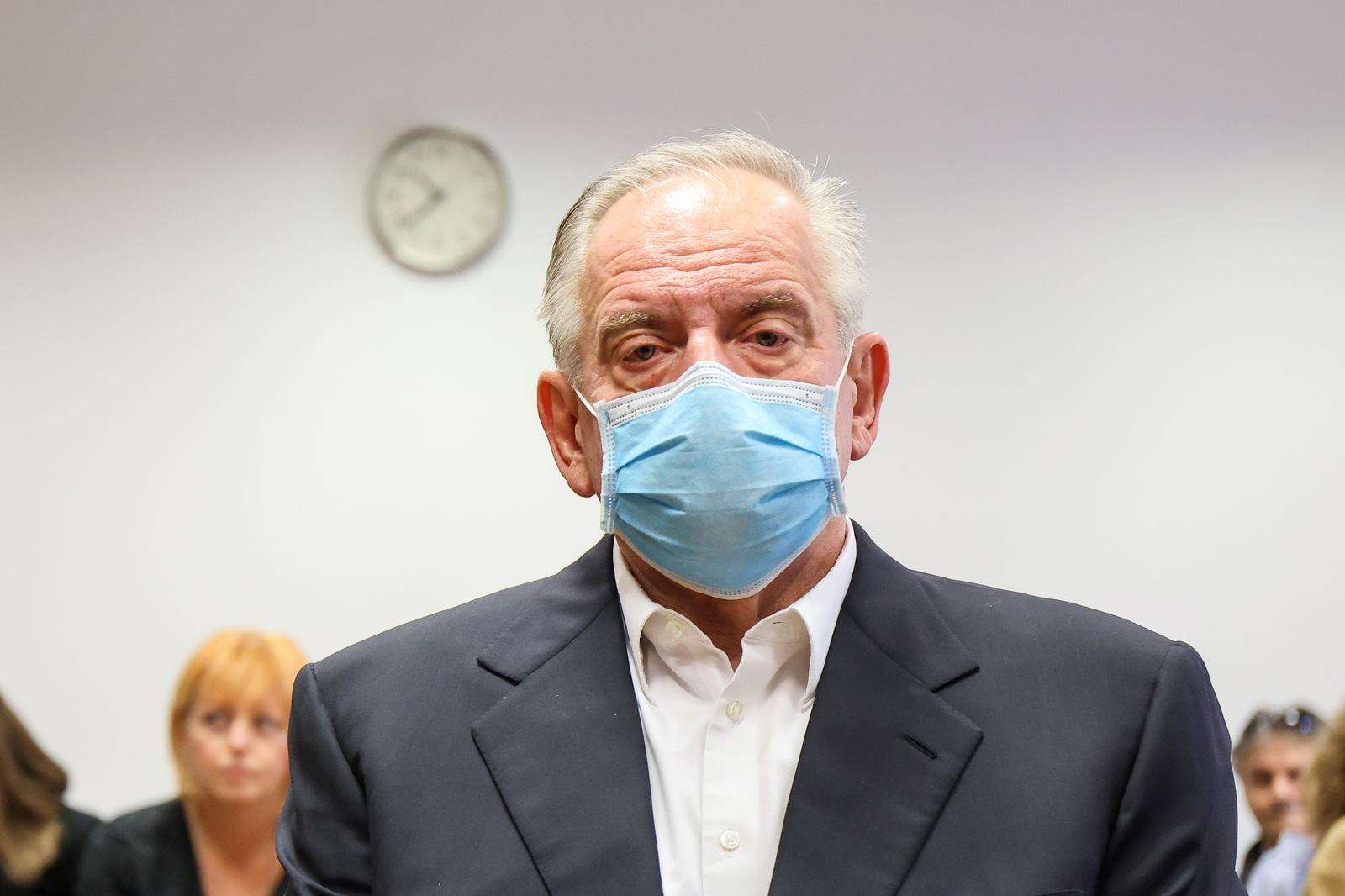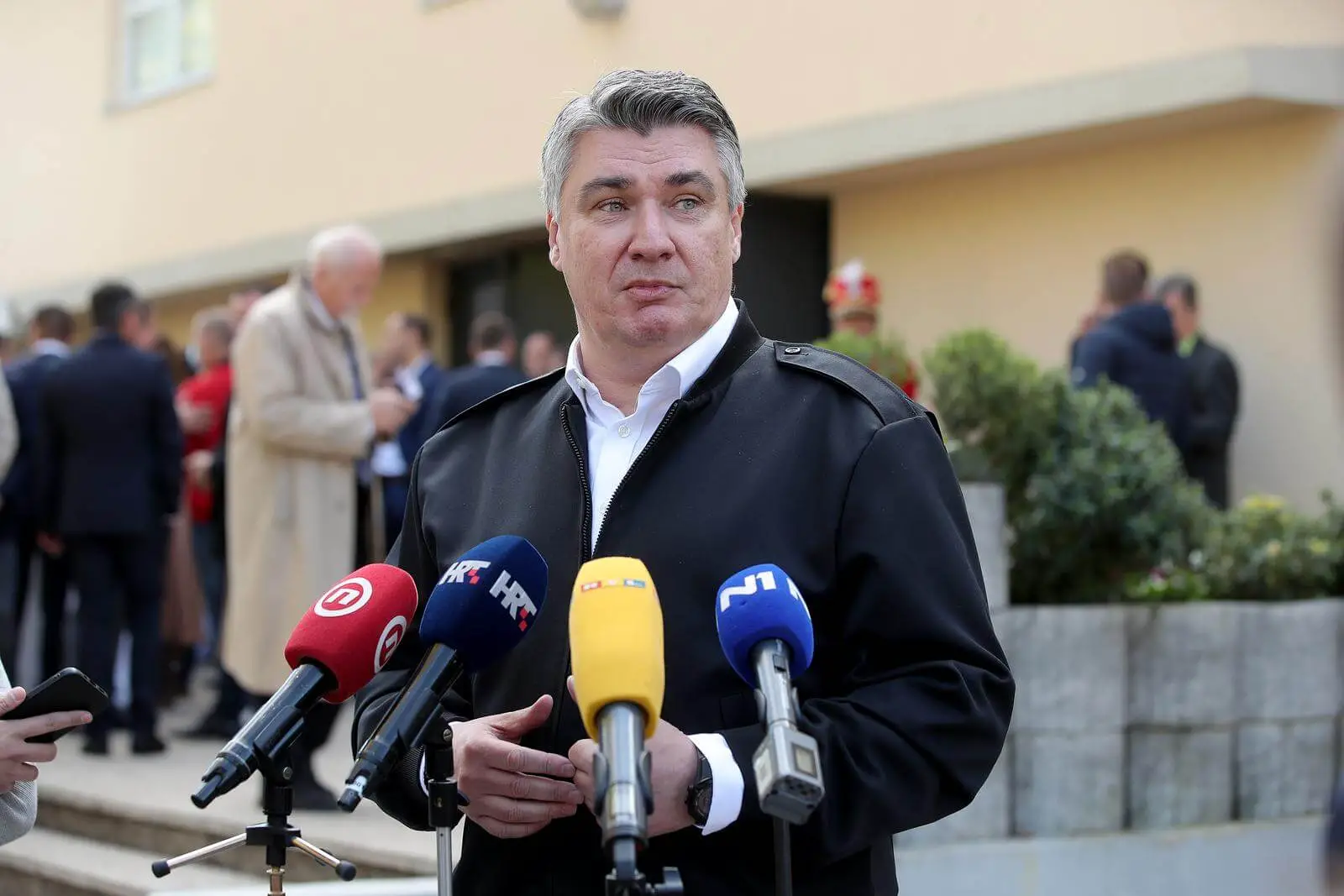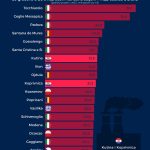ivo sanader

Former Croatian PM Ivo Sanader Acquitted of War Profiteering
As Poslovni writes, the verdict was announced by Zagreb County Court judge Saša Lui after the prosecution and defense presented ...

Supreme Court Acquits Former HDZ PM Ivo Sanader in HEP-Dioki Affair
As Poslovni Dnevnik writes, the Supreme Court has partially reversed and partially upheld the acquittal of the Zagreb County Court ...

Milanović: You Won’t Hear Me Say That HDZ Is a Criminal Organisation
“I think that it is irresponsible to link the ruling, whereby the Supreme Court actually upheld a lower court’s ruling, ...

Supreme Court to Deliver Ruling in Fimi Media Case Within the Next Month
The defence attorneys representing Ivo Sanader, a former prime minister and one time leader of the Croatian Democratic Union (HDZ), Jadranka ...

Constitutional Court Rejects Sanader’s Claim in Planinska Case
ZAGREB, Dec 13, 2020 – The Constitutional Court rejected the lawsuit by former prime minister and Croatian Democratic Union (HDZ) leader ...
Ex-HDZ Treasurer Says He Did Everything According to Sanader’s Instructions
ZAGREB, March 10, 2020 – Presenting his defence in the Fimi Media trial on Tuesday, a former customs administration director ...
Sanader Once Again Pleads Not Guilty in Fimi Media Corruption Trial
ZAGREB, February 11, 2020 – The former prime minister and leader of the Croatian Democratic Union (HDZ) party, Ivo Sanader, ...
Sanader’s Government Set Record in Borrowing, Račan’s Carried Out Most Reforms
ZAGREB, December 31, 2019 – In the last 20 years Croatia’s debt has increased sixfold, HRK 50 billion kuna to ...
News Agencies Report about Verdict against Sanader
ZAGREB, December 31, 2019 – Foreign news agencies on Monday carried reports of a non-final verdict against former Croatian prime ...







